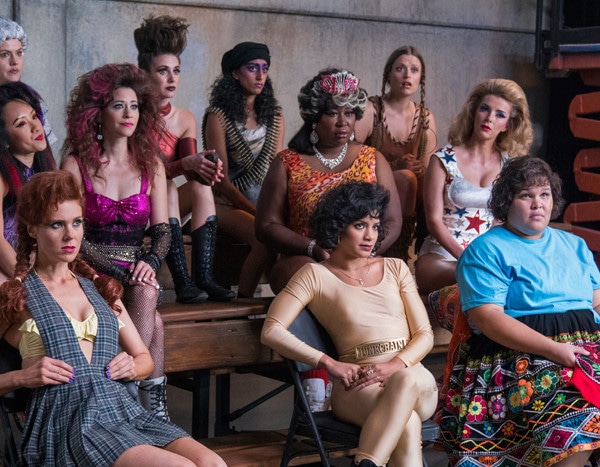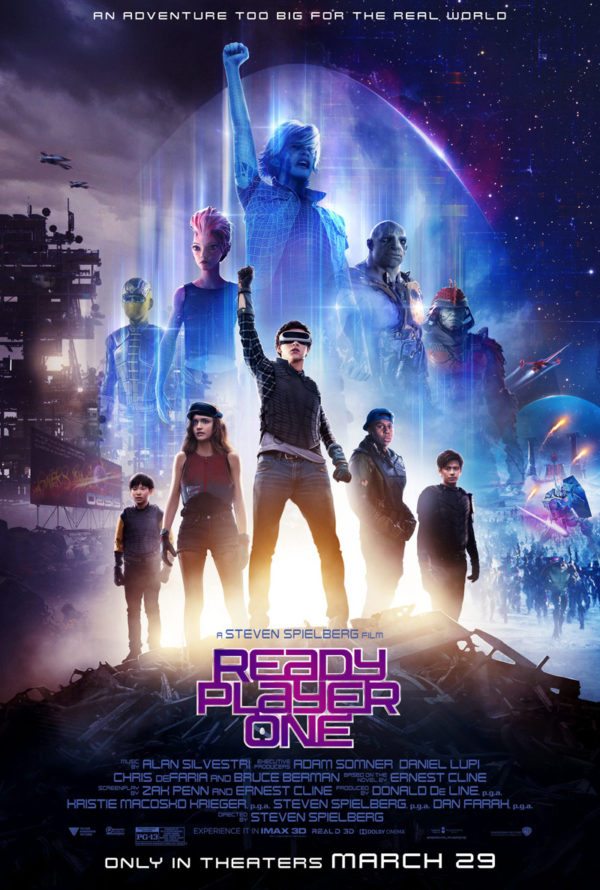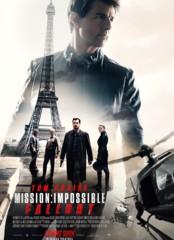/cdn.vox-cdn.com/uploads/chorus_image/image/60281421/aggretsuko.0.jpg) |
| The usually demure, cute red panda Retsuko, screaming out her work frustrations at her favorite karaoke parlor. The lyrics can be hilariously straightforward. |
A delightfully playful, satirical take on single working life in Japan, with a hilarious dash of cathartic rage.
Aggretsuko's first season is comprised of ten 15-minute episodes. They follow Retsuko, red panda in a Japan populated by anthropomorphic animals of all varieties: gorillas, dogs, cats, lizards, and dozens of others. Retsuko herself is a low-level accountant in a typically hierarchical large Japanese company. As a 25-year old woman in the still rigidly-structured Japanese corporate culture, the quite and cute little accountant has to deal with her bosses foisting unfair workloads on her, as well as the typical under-estimations of her skills and value to the company. Though the cultural pressures prevent Retsuko from speaking up and complaining, she finds release in frequently going alone to karaoke bars and belting out loud, obnoxious death metal songs. Here, she can scream her lungs out to exorcise the demons which she can't release in public.
The show is not much of a commitment, and my wife and I found it consistently hilarious. I actually lived and worked in Japan for two years, though not in a large city and not for a large company like Retsuko. Still, one only needs a passing knowledge of traditional Japanese business culture and gender roles to see the humor in the show. Retsuko's quest for professional satisfaction and a boyfriend are fairly universal desires. And the show creator and writer - known only by the mononym "Rarecho" - has an excellent sense of balancing certain characters' restrained anger with the more eruptive moments of fury. On its surface, this animated show has the kawaii (cute) exterior one would expect from anime (the show is produced by the Sanryo company, which is responsible for the ultra-cute Hello Kitty line of products). This seemingly harmless veneer covers up the very real angst felt by Retsuko and several of her friends and coworkers.
I'm looking forward to the second season, set to release sometime in 2019.
 |
| The "Gorgeous Ladies" will have to face more than a few new challenges as they try to build momentum for their fledging show. And garish costumes can only help so much. |
Season two of GLOW - the Gorgeous Ladies Of Wrestling - continues and even improves upon many of the strengths of the initial one.
At the end of season one, the GLOW wrestlers have shown just enough success to justify getting their own set, a season's worth of shows, and a prime TV slot. Of course, scripting and performing a wrestling show can be much easier than it seems. While the ladies had gotten their wrestling and acting skills up to a respectable level, they now find themselves having to ratchet up the intensity. Show runner and director Sam Silva (Marc Maron) is just as on edge and irritable as ever, and he goes on a power trip to ensure that he maintains control over the show. He also limits how many matches will be on each episode, forcing the women to up their creativity and boldness with their wrestling moves. On top of that, several of the women are dealing with personal issues outside of the ring, including divorce, overly zealous fandom, and losing the respect of family members due to their negatively-stereotyped wrestling characters.
This second season went right to the places that I was hoping at the end of the first. With all of the primary players now know, the new season is able to dig deeper into several of the women's personal lives. Of course, we see more of the tense dynamic between Ruth (Alison Brie) and Debbie (Betty Gilpin), which is paced and told very well. In addition, we have a very thoughtful episode focused on Tamee (Kia Stevens) as she reckons with her controversial wrestling character "Welfare Queen." There is also a solid story arc with Sam and his newly-discovered daughter, Justine (Britt Baron), who had been a hopeful wrestler in the previous season. All of these stories are balanced and work together extremely well, with just the right balance of drama and humor. Through the season, I didn't feel that there was a single moment or storyline that didn't serve either a comedic or narrative purpose - a flaw than plenty of other Netflix shows haven't been able to avoid (I'm looking at you, Marvel Netflix shows).
Anyone not familiar with the show is of course best served to watch from the very beginning. With a very manageable twenty episodes of roughly 25 minutes each, it's no great commitment to get the full story. And it's a story that's worth it.






